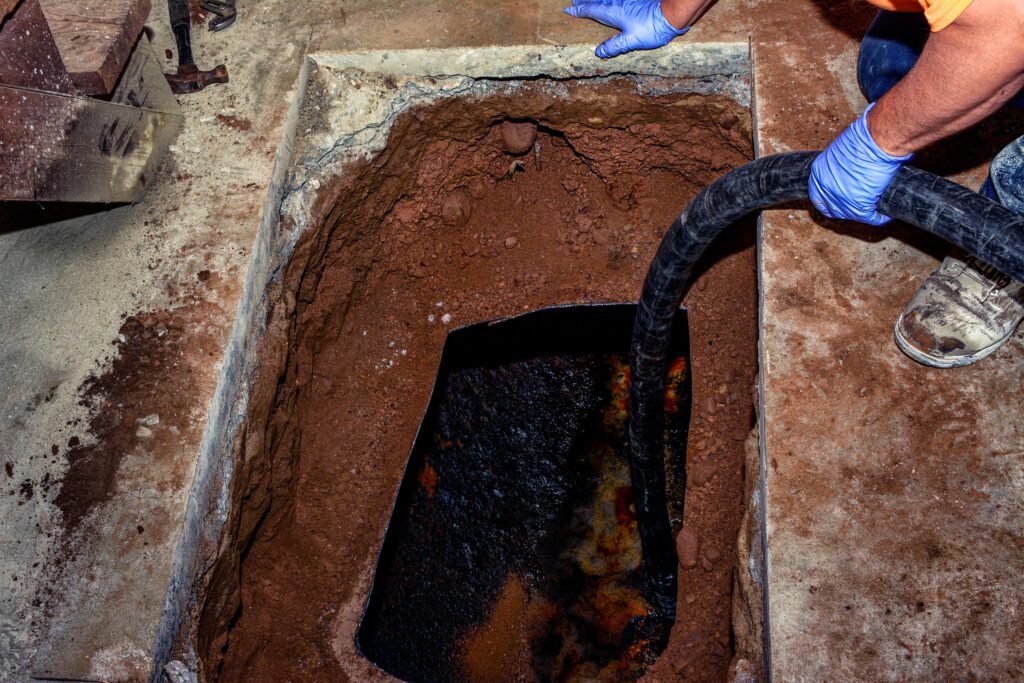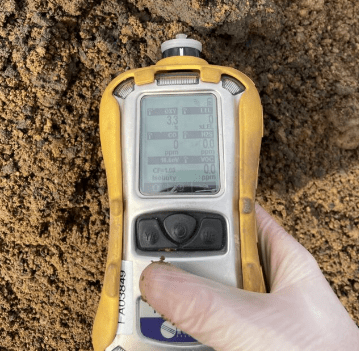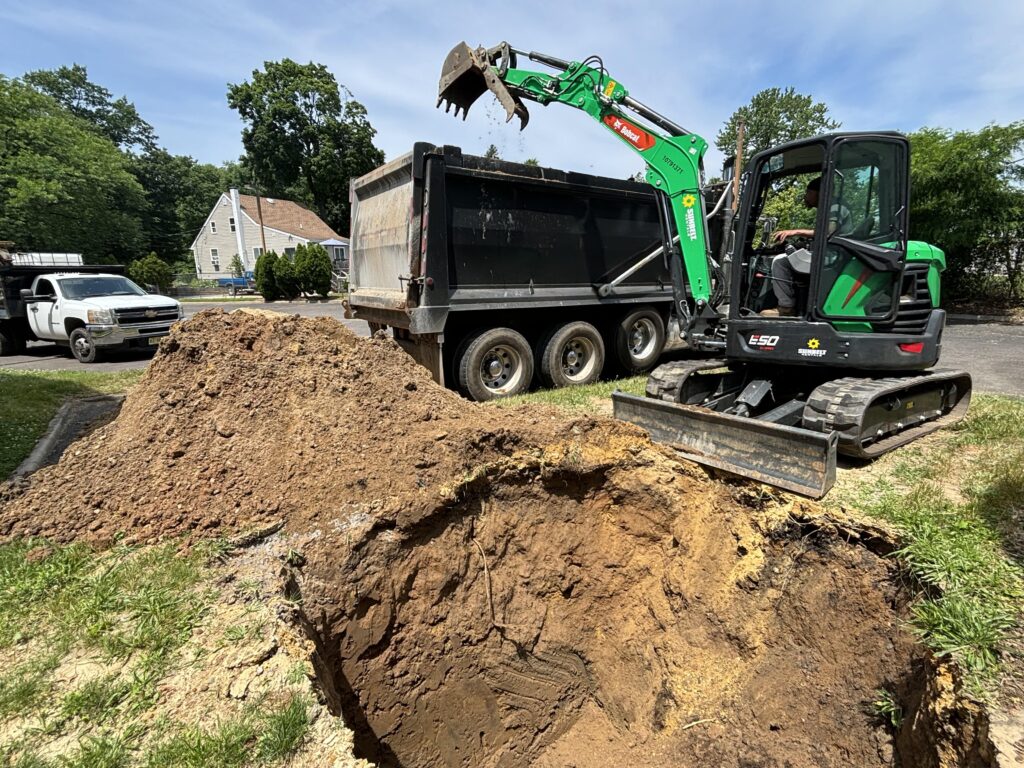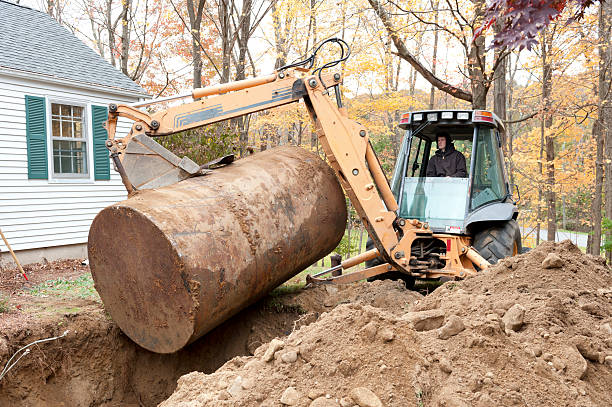


A NJDEP licensed subsurface evaluator possesses the qualifications and experience necessary to assess the extent of contamination below ground level, both in soil and water. They play a pivotal role in collecting precise samples and analyzing them to determine if the contamination exceeds regulatory limits. Additionally, they are responsible for preparing a detailed Remedial Action Report (RAR). This RAR is a comprehensive document that outlines every step taken to investigate and remediate the underground storage tank (UST) leak.
The RAR serves as a crucial communication tool between environmental professionals, property owners, and regulatory authorities, such as the New Jersey Department of Environmental Protection (NJDEP). It not only documents the findings of the evaluation but also outlines the strategies employed to mitigate the UST leak’s impact. In essence, the NJDEP licensed subsurface evaluator’s services are essential in ensuring transparency, compliance, and the successful resolution of UST-related environmental concerns, safeguarding both property owners and the environment.
Contact Us Today
If you require subsurface evaluator services, have questions about how we can assist with your environmental concerns, or wish to take advantage of our competitive pricing for the RAR report, please don’t hesitate to get in touch with us. Our team is here to provide guidance, answer your inquiries, and offer the expertise you need to address contamination concerns and maintain compliance with regulatory standards.

Copyright © 2023 by REMEDI TEC. All rights reserved.